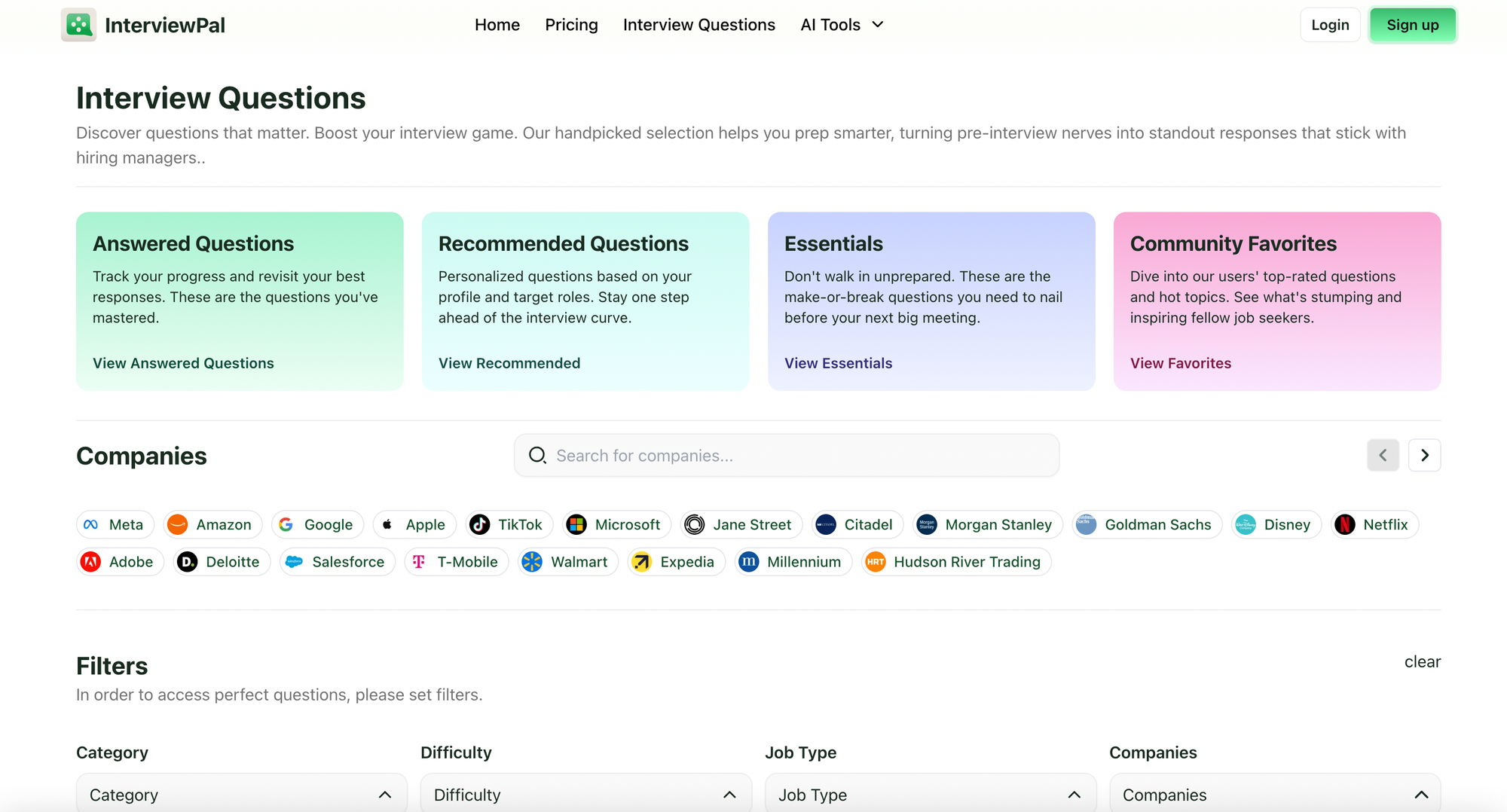Look, I've been on both sides of the interview table more times than I can count. And if there's one question that really separates the "I've read all the management books" candidates from the "I've actually led teams" folks, it's this one about motivation. Let me break it down for you – no corporate speak, just real talk about what works and what doesn't.
Why Interviewers Like To Ask This Question?
First things first. When interviewers ask how you motivate your team, they're not just checking if you know the latest buzzwords about employee engagement (though those don't hurt). They're trying to figure out if you understand something fundamental: that different people tick in different ways, and that motivation isn't a one-size-fits-all thing.
Recommended Reading: "The Ultimate Cheat Sheet for Behavioral Interviews at Top Tech Companies"
The Core Elements They're Looking For
- Leadership philosophy
- Real-world experience
- Emotional intelligence
- Problem-solving approach
- Self-awareness
My Personal Approach (And Why It Works)
You know what? I learned this the hard way. Early in my career, I thought being a motivational leader meant giving passionate speeches and sending inspirational emails. Boy, was I wrong! Here's what I've learned actually works:
1. Individual Connection
I make it a point to know what makes each team member tick. And I mean really know – not just their professional goals, but also what they're passionate about outside work. I had this developer once who was super quiet in meetings but absolutely lit up when talking about game design. Guess what? We found ways to incorporate gamification elements into our projects, and suddenly they were leading brainstorming sessions.
2. Clear Path to Growth
One thing I always tell my mentees: people need to see where they're going. I establish clear career development paths and, more importantly, help team members chart their course. This isn't just about promotions – it's about skill development, exposure to new challenges, and personal growth.
3. Recognition (But Make It Personal)
Some folks love public praise, others get embarrassed by it. I learned this when I gave a team member a shout-out in an all-hands meeting, and they later told me they'd much prefer a simple thank-you email. Since then, I've always asked people how they prefer to receive recognition.
A Proud Accomplishment (Because Interviewers Love Examples)
Here's a story I often share in interviews: I inherited a team with pretty low morale – they'd been through three managers in two years, projects were stalling, and people were just going through the motions.
Instead of making grand promises or implementing new processes right away, I spent the first month just listening. Like, really listening. Had one-on-ones with everyone, asked about their frustrations, their ideas, what they thought would make things better.
What came up surprised me. The team wasn't unmotivated because of big issues – it was the small stuff. They felt their ideas weren't heard, meetings were wasteful, and they didn't have the right tools for the job.
So we:
- Implemented a monthly "team pitch" session where anyone could present ideas
- Cut hour-long meetings to 30 minutes (and made some emails instead)
- Got them the software they'd been requesting for months
The result? Within six months, our project completion rate went up 40%, and we had zero turnover that year. But honestly, the real win was seeing people excited to come to work again.
When Things Don't Go As Planned (Because They Won't)
Let me tell you about a time I messed up – because showing vulnerability is important, and let's face it, we all make mistakes.
I had this ambitious project and decided to motivate the team by setting up a competitive reward system. You know, the team that hit their metrics first would get some pretty sweet perks. Seemed like a great idea at the time.
Well, it backfired. Badly.
Instead of motivating people, it created tension. Teams stopped collaborating, started hoarding information, and morale actually dropped. Some of our best performers were on the struggling teams, and they felt unfairly penalized.
How I Fixed It:
- First, I owned up to the mistake. Called a team meeting and straight-up admitted that I'd messed up.
- Scrapped the competitive system immediately.
- Worked with the team to design a new collaborative reward structure where teams were recognized for helping each other succeed.
- Implemented regular cross-team knowledge sharing sessions.
The lesson? Sometimes what looks good on paper doesn't work in reality. And that's okay, as long as you're willing to admit it and fix it.

Practical Tips for Answering This Interview Question
When you're answering this question in an interview, here's what I recommend:
- Start with Your Philosophy: "My approach to motivation centers on understanding that each team member is unique. What drives one person might not work for another."
- Give Specific Examples: Don't just say you believe in recognition – talk about how you've actually done it. Like, "I noticed one of my team members did exceptional work on a project, so I not only recognized them in our team meeting but also set up a presentation opportunity for them with senior leadership."
- Show Your Learning: Journey Interviewers love seeing that you've grown and learned from experience. Share how your approach to motivation has evolved over time.
- Include Metrics When Possible: "After implementing these motivation strategies, we saw a 25% increase in team productivity and employee satisfaction scores improved from 67% to 89%."
The "Please Don't Do This" List
Listen, there are some answers that might sound good but will make experienced interviewers cringe:
- Don't say you motivate everyone the same way
- Avoid focusing only on monetary incentives
- Skip the generic "I'm a natural leader" stuff
- Never throw previous team members under the bus
Wrapping It Up
At the end of the day, motivating a team isn't about grand gestures or perfect systems. It's about being genuine, caring about your people, and creating an environment where they can do their best work. (And yes, sometimes it means admitting you don't have all the answers!)
When you're in that interview, be honest about your approach. Share real stories – including the ones that didn't go perfectly. Because that's what real leadership is about: learning, adapting, and always trying to do better by your team.
Remember, the best answer to this question isn't the most polished one – it's the one that shows you understand leadership is about people, not just processes. And if you can demonstrate that you've been in the trenches and learned from both successes and failures, you'll stand out from candidates who just memorized leadership theory.
And hey, good luck with your interview! You've got this.
(P.S. If they ask follow-up questions, even better – it means they're interested in your leadership style. Just keep it real and specific, and you'll do great!)
Hey, speaking of real-world experience – want to know what's really cool? We have put together this massive bank of actual behavioral questions that companies like Google, Amazon, and Microsoft are asking right now. Not just the questions, but the strategy behind them. Here's the thing though – instead of just reading through them, you can actually practice with our AI interviewer who'll give you specific feedback on your answers. Like having a coffee chat with an experienced mentor (minus the coffee bill!). The AI will catch those subtle things – maybe you're being too modest, or perhaps not drawing enough from your experience. Give it a shot. Trust me, it's way better than practicing in front of your bathroom mirror (we've all been there!). Head over to our site and start turning those interview jitters into interview confidence.



